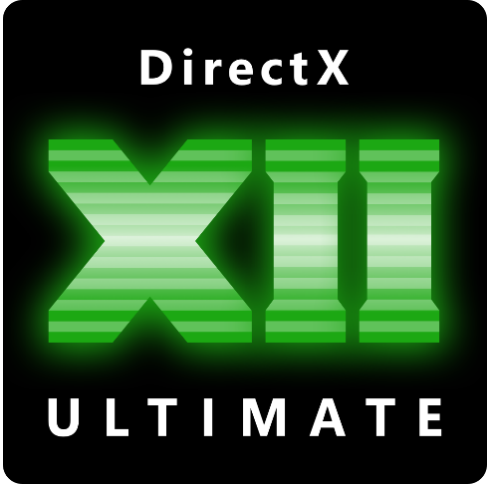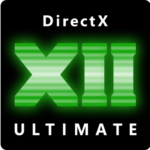As with any potentially disruptive technology, you have to look to see who stands to be affected in both the short and long-term (both positively and negatively). At that point you can speculate what the future might hold.
For example, one could speculate that if a major producer of a status quo technology (e.g. Samsung flash) would be negatively affected by a new superior competitive technology (e.g. Intel Optane), they might be willing to assist their competitor in other areas (e.g. CPU production) that they don't necessarily directly compete in (e.g. phones vs PCs), in exchange for a relaxation of the introduction of said disruptive technology in the directly competitive space. (e.g. This might also have an effect of how fast Intel decides to proceed on transfer of their flash business to SK Hynix, a flash competitor of Samsung).
Such alliances, when they actually exist (i.e. not pure speculation, as in the above example), do not always benefit consumers in the short-term, but often these technologies get cross-licensed at some point so that they become more pervasive and cheaper at the consumer level where we all can benefit. Optane is some good stuff, so I hope that is sooner than later.




